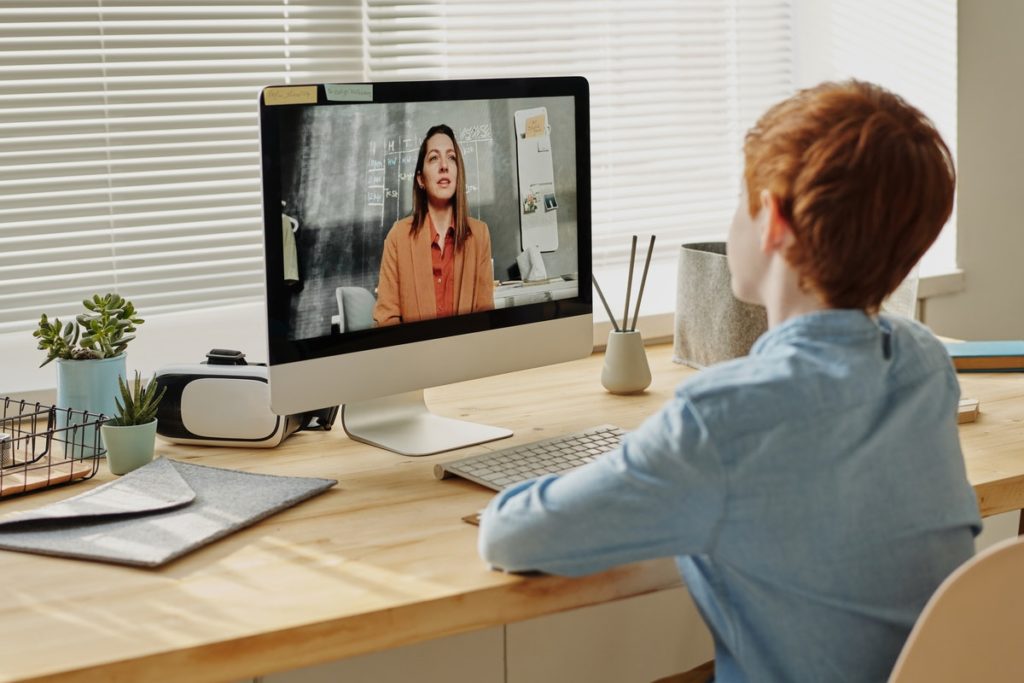Recent years have shown that our society has become increasingly polarized. It goes beyond merely identifying with the political left or right. More than ever, when opinion is divided on any issue, you’ll find that people on either side are no longer able to agree to disagree.
There’s a lack of open, constructive discourse today that hinders the proper functioning of our democratic systems. And ironically, it can be traced to the fact that our information itself has become democratized.
Social media has been a powerful driving force behind the modern onslaught of fabricated or misleading stories. This misinformation amplifies existing partisan tendencies and leads to dysfunction in society.
And if we’re going to pull out of this morass, we need further education in a specific skill: critical thinking.
Primed for misinformation
Misinformation isn’t the same as being uninformed or having low educational attainment. But it tends to prey upon those deficiencies. Unequal literacy in terms of how society and its laws operate can have a pervasive effect on every aspect of living.
Big companies and wealthy, well-educated individuals can afford to divert more resources towards the appropriate solutions to their problems. Those who don’t know their rights in a personal injury suit might settle for less than they deserve without a good lawyer’s help.
The average person thus feels that injustice is built into the system. It deprives them, to some extent, of their sense of agency and makes them feel disengaged from civic participation.
Helplessness, in turn, primes people to accept the counterfactual, inaccurate, or outright fabricated. This works through our democratized information networks, where anyone can use social media to be heard and exert influence.
Some people might feel that contradicting the popular narrative is a form of rebellion or reclaiming their agency. Others may enjoy their ability to delegitimize respectable journalism and research, diluting the mainstream with fake news. And some use this as a way to further their own self-interest.
Often, however, we spread misinformation without thinking.
Misleading heuristics
Social media is an arena that gives us the illusion of normal communication when the underlying mechanics are anything but.
Embedded within the content we consume are likes, follows retweets, and other metrics that serve as a proxy signal for credibility. The more times something is being liked or shared, the more we feel that it has value, that people are buying into it, and that we should follow the herd.
The same thing applies to the internet in general. Search engines use algorithms to rank pages. They intend to promote sites with authority, but those who know how the algorithms look at can game the system and appear credible.
Thus, the digital age has encouraged our natural tendency to use heuristics in processing information. Reversing this trend will require us to do the opposite.
Critical thinking is a vital skill in this world of easy access to a wealth of potentially questionable information. It allows us to filter out the false signals, be more aware of our tendency to groupthink, and become open to thoughtful discourse with those who hold opposing views.
Most crucially, being critical of information opens up the possibility of becoming convinced by a sound argument instead of steadfastly clinging to our polarizing, partisan ideologies.
As with any skill, practice not only improves our proficiency but makes it easier to use. In the process, we reduce our over-reliance on heuristics. We become less vulnerable to the thoughtless consumption and sharing of misinformation.

A fight for education
The difficulty we face in combating misinformation, even with critical thinking, is that it feeds into inequality.
It’s easier for someone who has a college education, for instance, to exercise this skill. It may have been taught or reinforced as part of their tertiary curriculum. Having a degree also improves your earning potential, giving you more discretionary effort to spend on information processing.
Yet those who’ve only completed a high school education won’t enjoy similar opportunities. And they comprise a significant chunk of the population.
This should remind us of the value of education. Every member of society must be invested in raising the next generation to be armed with this essential knowledge tool. Educators must be steeped in critical pedagogy.
Otherwise, the negative feedback loop will spiral even faster as voters, graduates, and new employees begin to segregate into the closed factions they identify with. They will further perpetuate misinformation and undermine our democracy.
We have a civic duty to be engaged, informed, and open to different ideas and perspectives. Today, that must include fighting misinformation through individual practices and supporting the transformation of education towards quality and accessibility.




